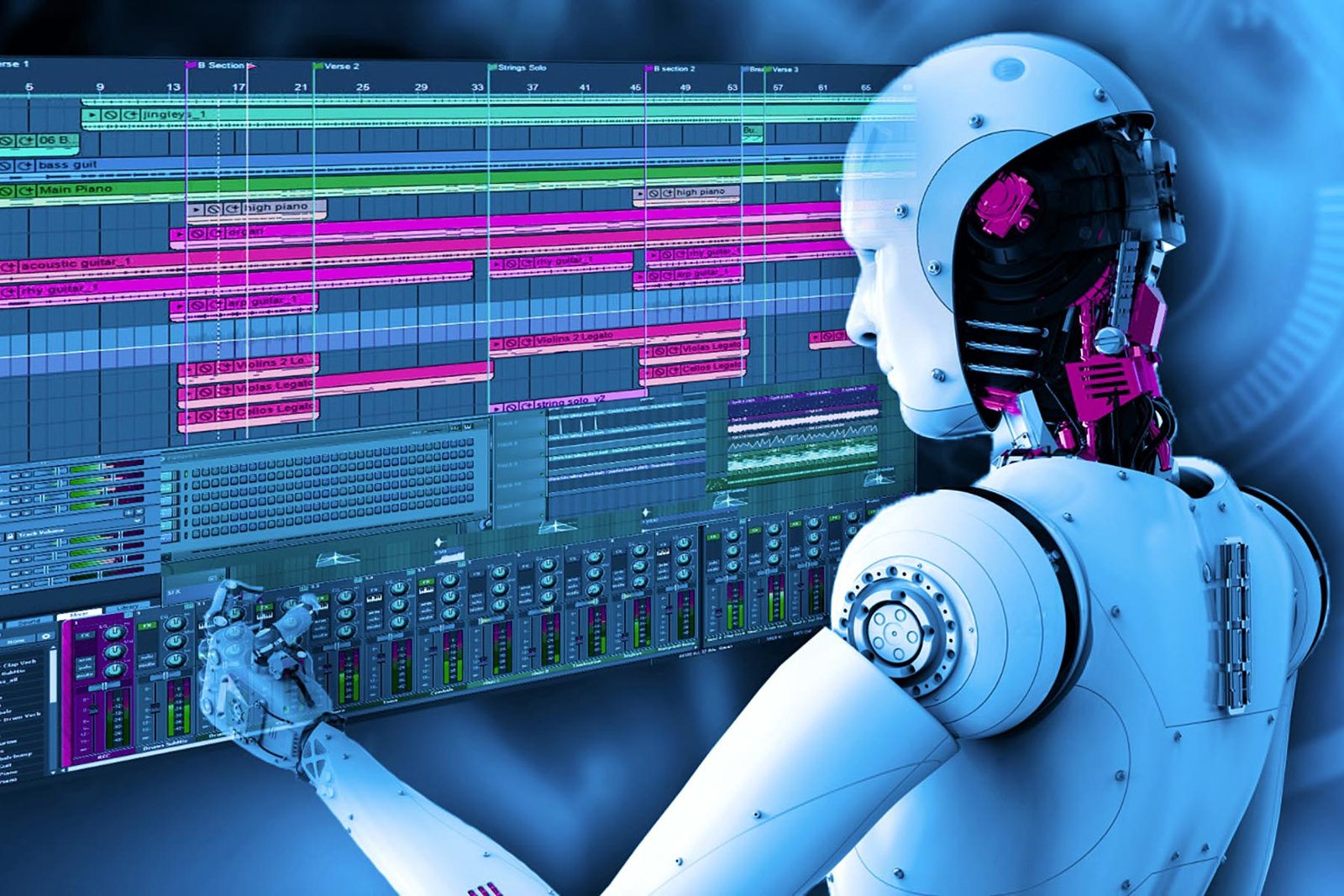How Technology Is Changing the Music Industry
The music industry is undergoing a significant transformation due to technological advancements. Streaming services have revolutionized access to music, while social media platforms facilitate direct artist-fan interactions. Additionally, innovative production tools empower a broader range of creators, challenging traditional industry norms. As live performances evolve with new technologies, the implications for artists and audiences alike become increasingly complex. This evolution prompts an examination of how these changes will shape the future landscape of music.
The Rise of Streaming Services
The rapid ascent of streaming services has fundamentally transformed the music industry, reshaping how consumers access and engage with music.
Analyzing consumer behavior reveals a shift towards subscription models, allowing users to enjoy vast libraries at their convenience.
This democratization of music access not only empowers listeners but also challenges traditional revenue structures, illustrating a profound realignment in the industry’s economic landscape.
See also: How Technology Is Helping Preserve Cultural Heritage
Social Media’s Role in Music Promotion
As artists increasingly leverage social media platforms for promotion, the landscape of music marketing has evolved dramatically.
Enhanced fan engagement is facilitated through real-time interactions and content sharing, while audience analytics provide critical insights into listener behavior.
This data empowers artists to tailor their promotional strategies, fostering authenticity and deeper connections with their audience, ultimately redefining the paradigms of music promotion in the digital age.
Innovative Music Production Tools
Revolutionizing the music creation process, innovative production tools are reshaping how artists compose, record, and refine their work.
These advancements in digital audio technology and the use of virtual instruments empower musicians to explore creative possibilities previously unattainable.
With enhanced accessibility and user-friendly interfaces, artists can produce high-quality tracks independently, fostering a new era of artistic freedom and expression in the music industry.
The Evolution of Live Performances
Although live performances have long been a cornerstone of the music industry, recent technological advancements have significantly transformed their execution and audience experience.
Virtual concerts have surged in popularity, offering unparalleled accessibility and engagement. Enhanced audience interaction through live chats and social media integration creates a dynamic environment, allowing fans to participate from anywhere.
This shift is redefining the traditional concert experience and expanding its reach beyond physical venues.
Conclusion
In the symphony of the modern music industry, technology serves as both conductor and instrument, harmonizing the diverse elements of creation, distribution, and engagement. As streaming services crescendo into dominance and social media amplifies artist-fan interactions, the landscape morphs into an expansive stage where anyone can perform. Innovative production tools democratize artistry, while evolving live experiences beckon audiences closer. Thus, technology not only reshapes music but also orchestrates a new era where sound knows no boundaries.



